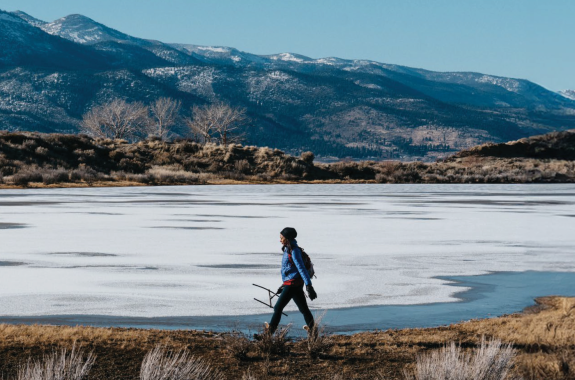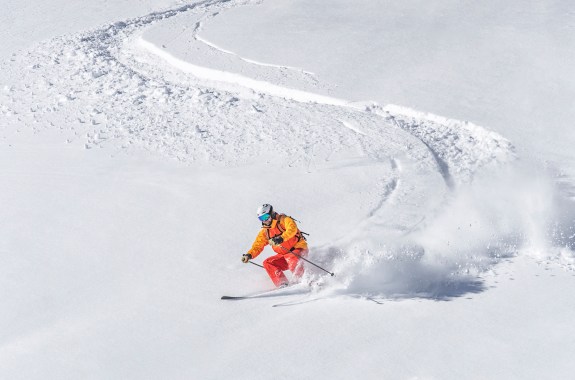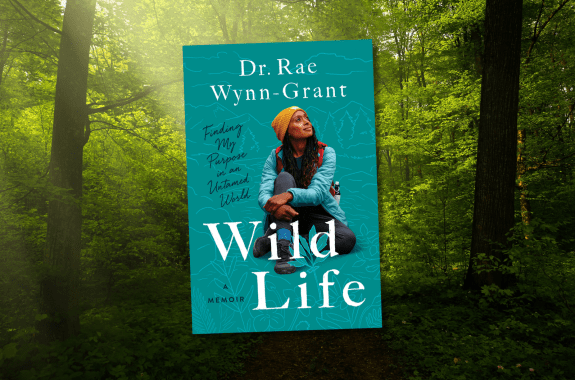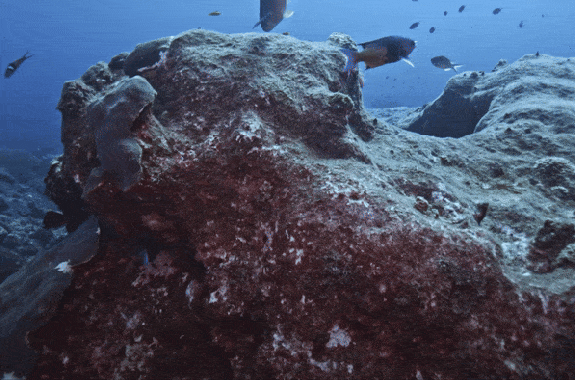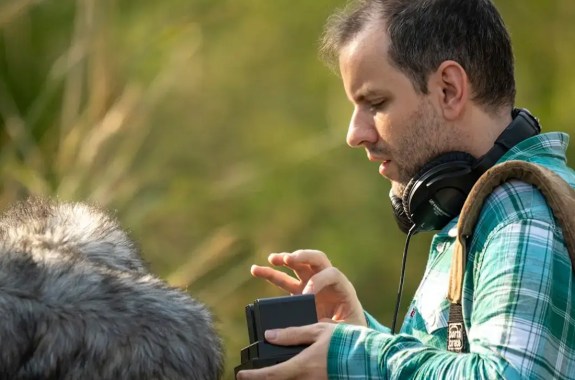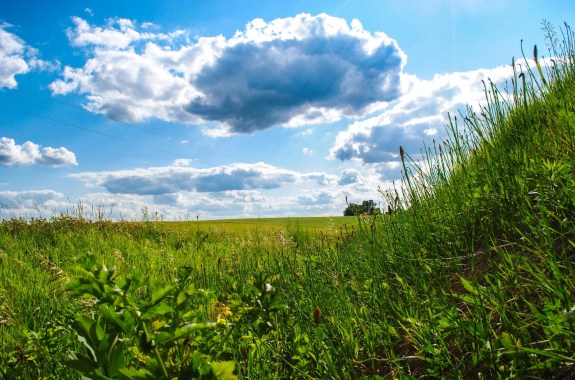Does Anyone Actually Know What A Plant Is?
As author Zoë Schlanger dives into the world of plants, she finds it’s filled with contradictions, mysteries, and astonishing ingenuity.
Return Of The GEDI: Scanning The Amazon With Lasers
Data collected by an instrument on the International Space Station gives scientists insight into deforestation in the Amazon rainforest.
11:36
The Small Jelly Creatures That Link Up And Swim In Corkscrews
For the first time, scientists have recorded how salps form chains and swim in corkscrews to reach the ocean’s surface each night.
Three Listeners Tell Us About Their Science-Inspired Art
For Universe of Art’s first birthday, three listeners share their science-inspired poems, sound art, and collages.
17:31
Finding Purpose In A ‘Wild Life’
In her new book, Dr. Rae Wynn-Grant shares how her lifelong love for the natural world led her to become a nature TV show host.
17:01
How Climate Change Is Changing Sports
Sports ecologist and author Dr. Madeline Orr discusses how climate change is affecting sports, from ski conditions to athletes’ health.
Learning To Study Black Bears In Their Natural Habitat
In “Wild Life,” Dr. Rae Wynn Grant tells the story of her first days tagging and tracking black bears for her PhD.
Unusually Healthy Coral Reefs, Surrounded By Oil Drilling
As corals around the world bleach at alarming rates, scientists are racing to preserve a string of remarkable reefs in the Gulf of Mexico.
14:56
Capturando ‘paisajes sonoros’ desde Amazonas a Antártida
Juan Pablo Culasso graba aves por todo el mundo, explorando los sonidos de la naturaleza y buscando volverla más inclusiva.
11:46
Science From Iowa’s Prairies
Science Friday is in Ames, Iowa, home to prairies, greater prairie chickens, and an array of wildlife.




